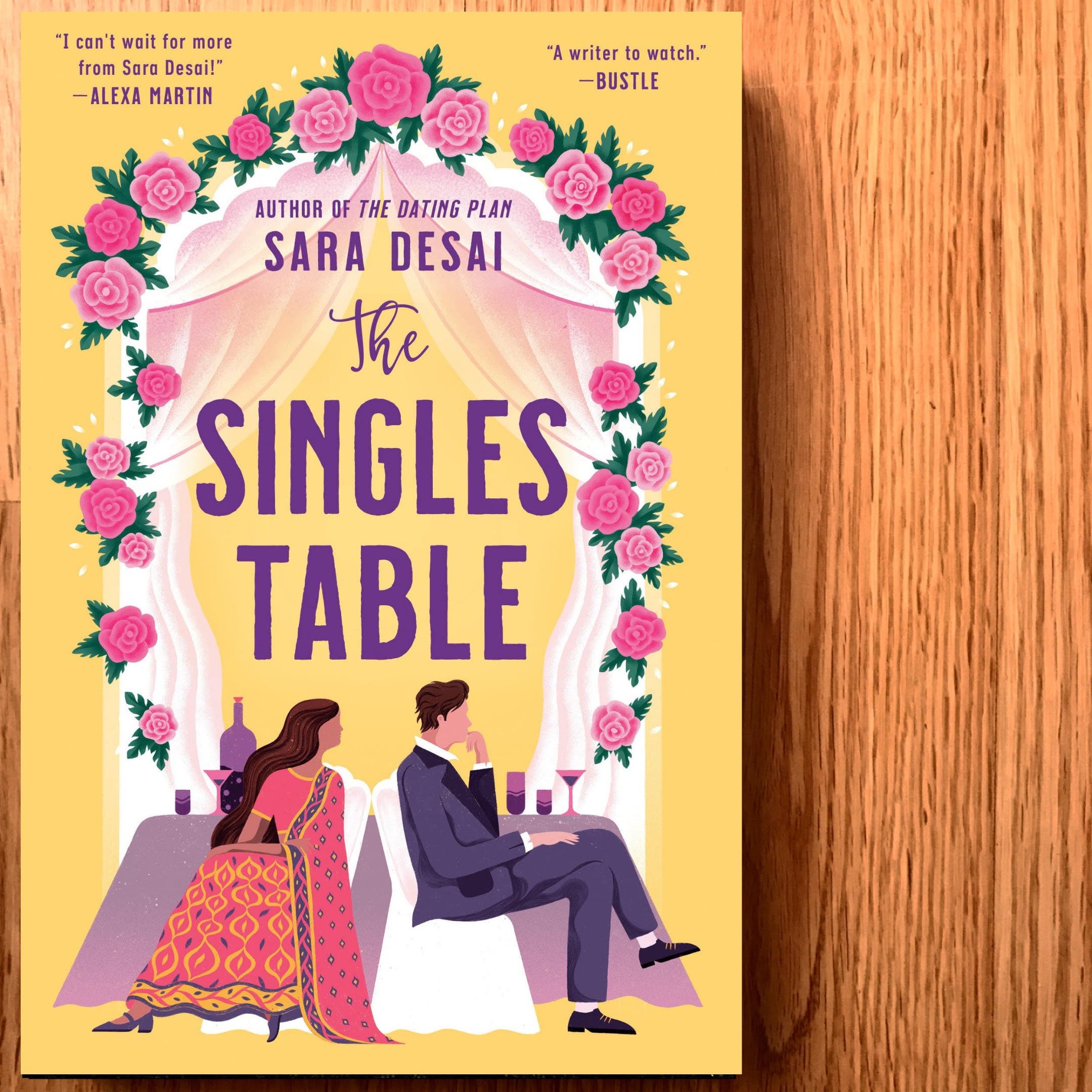By Tyra Forde
Content warnings: Graphic descriptions of suicide, violence involving children, domestic violence.
(Con)science by PJ Manney is the satisfying conclusion to the Phoenix Horizon trilogy, for which its debut earned Manney a Philip K. Dick Award nomination. The gritty series presents a global future where biotechnology and humanity are at odds. Manney expertly weaves imagination and intelligence as she blends fiction with fact in her exploration of how technology will affect our collective future, a topic that she is a consultant on, in addition to writing various articles and essays. In the series, she examines the impact of digital lives on psychological identities in what is summed up in (Con)science as “a war of self-definition.”
The novel opens with a digital family tree of sorts that reminds readers not only of the various identities the main character, Peter Bernhardt, and others have amassed in the previous two novels but also informs them of the identities to come. These identities include human, robot, and artificial human intelligence. Scene breaks keep the reader up to speed as the novel jumps between various points of view.
Another welcome addition to the novel, and a Manney signature, is the inclusion of a playlist. Not only does it include the music that inspired the author, but also the music that directly impacts the main characters who listen and process information through music. While set in the future, Manney grounds the series with well-known music and lyrics that make this technological dystopia feel even more like a possibility. “Miami 2017 (Seen the Lights Go Out on Broadway)” by Billy Joel and the Beatles/George Harrison rendition of “While My Guitar Gently Weeps” are two particularly chilling songs in the story.
The third and final novel in the series picks up five years after the first book. Formerly human scientist Bernhardt is now artificial human intelligence, but another AHI and descendant of Peter, referred to as Major Tom, is trying to rebuild a world changed forever by technology. The only problem is that Major Tom is the force pulling the world apart in the first place. What results is a race to rewrite history and save humanity, but the various identities of Peter and his descendants will require him to determine not only what it means to be human but also what it means to be unique.
Despite being just under 400 pages, (Con)science feels like a journey at warp speed as the world begins to crumble. Manney makes the most of every page and manages to differentiate each character and their various identities with ease. The novel provides a clever balance of endings and beginnings, and despite being the series conclusion, the story leaves readers hungry for more. A journey of ethics built on music and technology makes for an unforgettable exploration of human identity.
*Thank you, Wunderkind PR, for the complimentary copy in exchange for an honest review!





















